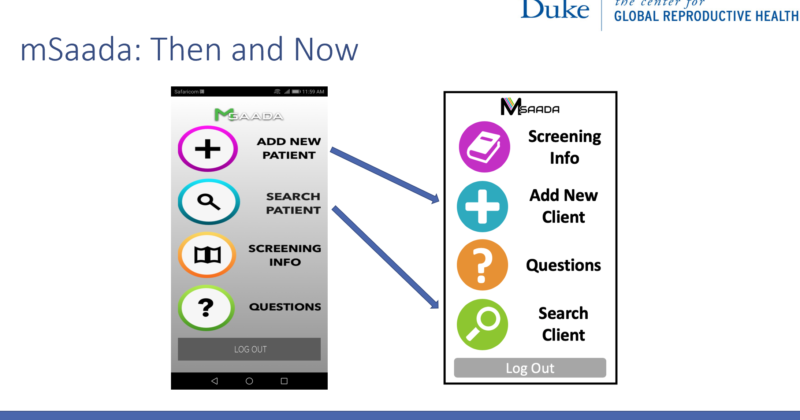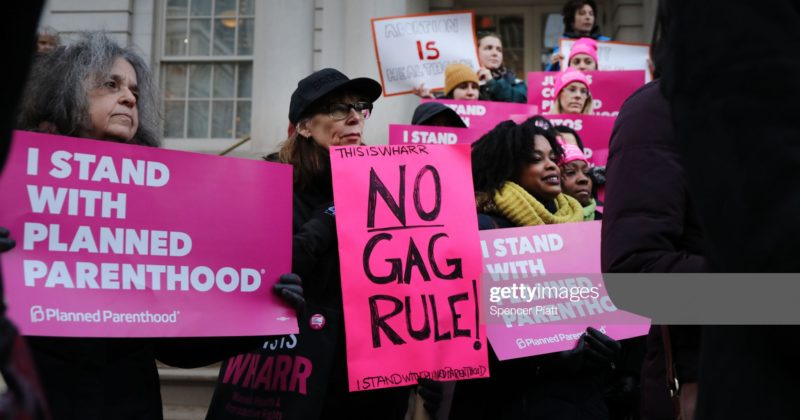
Pilot Study: Use of mSaada Application to Address Cervical Cancer in Kenya
Article by: Emmy Duerr At the DGRH Think Global Talk on October 15, Jacob Stocks presented his work on the mSaada mobile application platform. Prior to his pilot study, Stocks developed mSaada (meaning “support” in Swahili), an application designed to be a support tool for community-based cervical cancer screening for low-income communities. The app was intended to provide counseling/decision support for community health volunteers as well as patient and specimen tracking to better ensure follow up and patient retention. Stocks implemented a small (n = 19) 5-week pilot study in Migori and Kisumu between July and August of 2019. The pilot study consisted of six iterative feedback sessions with the goal of refining the mSaada platform. The first week of the study involved three group sessions with four participants in each session, using a mixed methods approach of a combination of qualitative in-depth interviews and quantitative usability surveys. Weeks 2-4 provided app developers time for feedback integration, and allowed them to implement...







